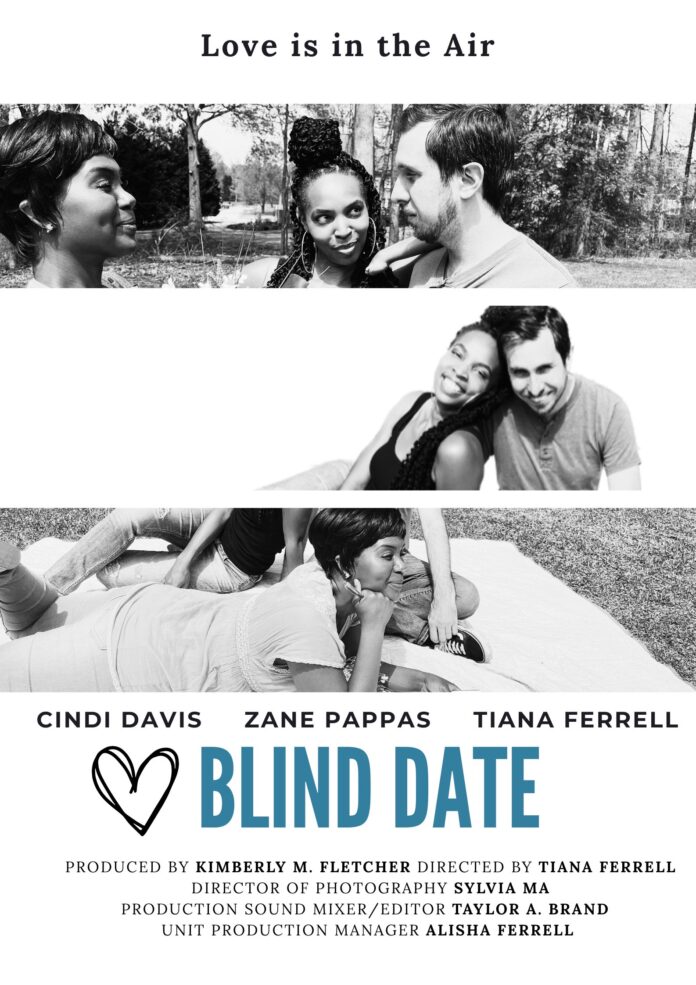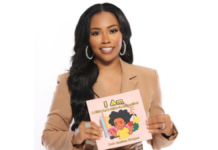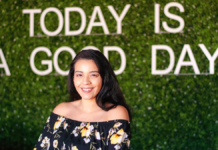( ENSPIRE Community Spotlight ) Descendant of Ida B. Wells, Tiana Ferrell, Advocates for Disability Representation and Inclusion
ENSPIRE Contributor: Cailin Tennis
Descendant of Ida B. Wells, Tiana Ferrell, participated in this year’s Easterseals Disability Film Challenge with her film titled, “Blind Date.” Ferrell, who was born with symbrachydactyly, created a short film to promote awareness of limb differences. This is one of the many ways in which she has advocated for the representation and inclusion of disabilities. Her social media, news interviews, activism, and work as a limb difference consultant, are all ways she is involved in disability awareness.
ENSPIRE is excited to highlight her latest project, Blind Date, which spotlights love and disability. It was filmed and edited over the span of one weekend as an entry for the Easterseals Disability Film Challenge. The annual competition allows filmmakers to create authentic stories told by team members with disabilities. This creative outlet used for such a genuine and meaningful purpose is exactly the type of innovative advocacy that ENSPIRE Magazine stands for.
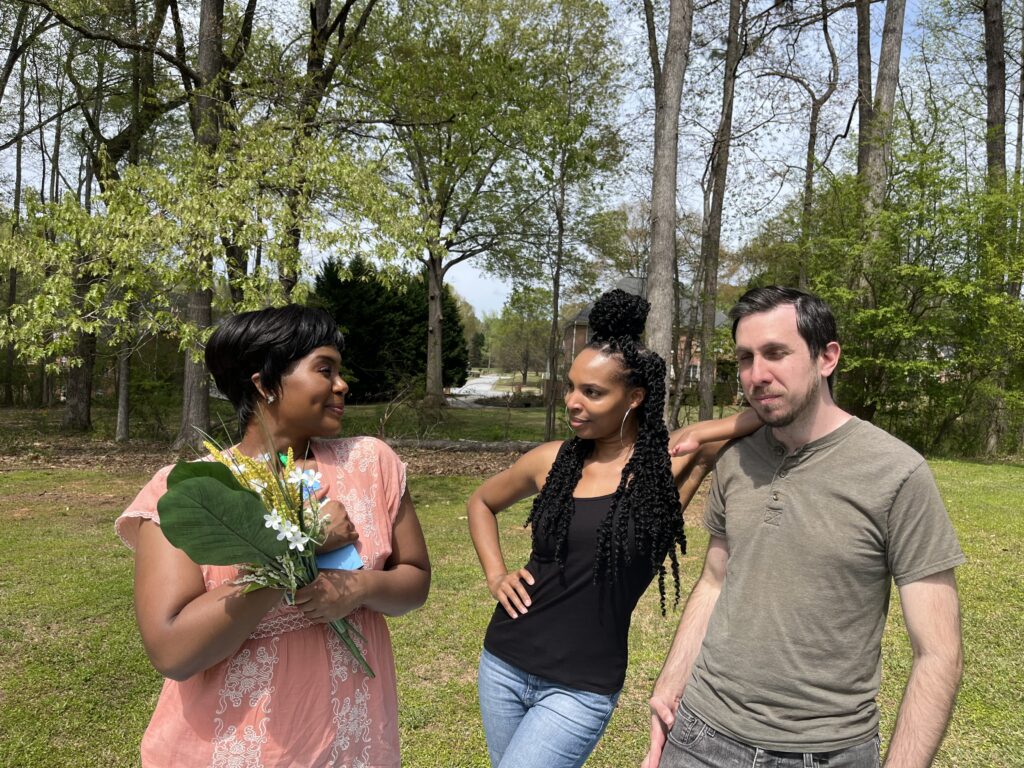
ENSPIRE was lucky to get the chance to talk with the film’s creators Tiana Ferrell and Kimberly Fletcher, discussing their advocacy for people with disabilities, and why this issue is relevant today.
What first inspired you to advocate for the inclusion and representation of people with disabilities?
Tiana herself inspired us to advocate for representation and inclusion for people with disabilities. Her dedication to promoting awareness of limb differences is the catalyst of our awareness outreach. The film festival took place this April 2023, which was Limb Loss and Limb Difference Awareness Month. Therefore, this specific film resonated deeply with us.
Could you explain the challenges individuals with disabilities might face in spaces lacking inclusive implementation?
Challenges individuals may face specifically within entertainment are being seen and having their stories told to general audiences. For example, some individuals with disabilities are phenomenal in front of and behind the camera. However, their disability is seen as a detriment. In fact, the World Health Organization reported that an estimated 1.3 billion people experience significant disability. This represents 16% of the world’s population. When we speak of inclusion, it means ensuring no one is discriminated against.
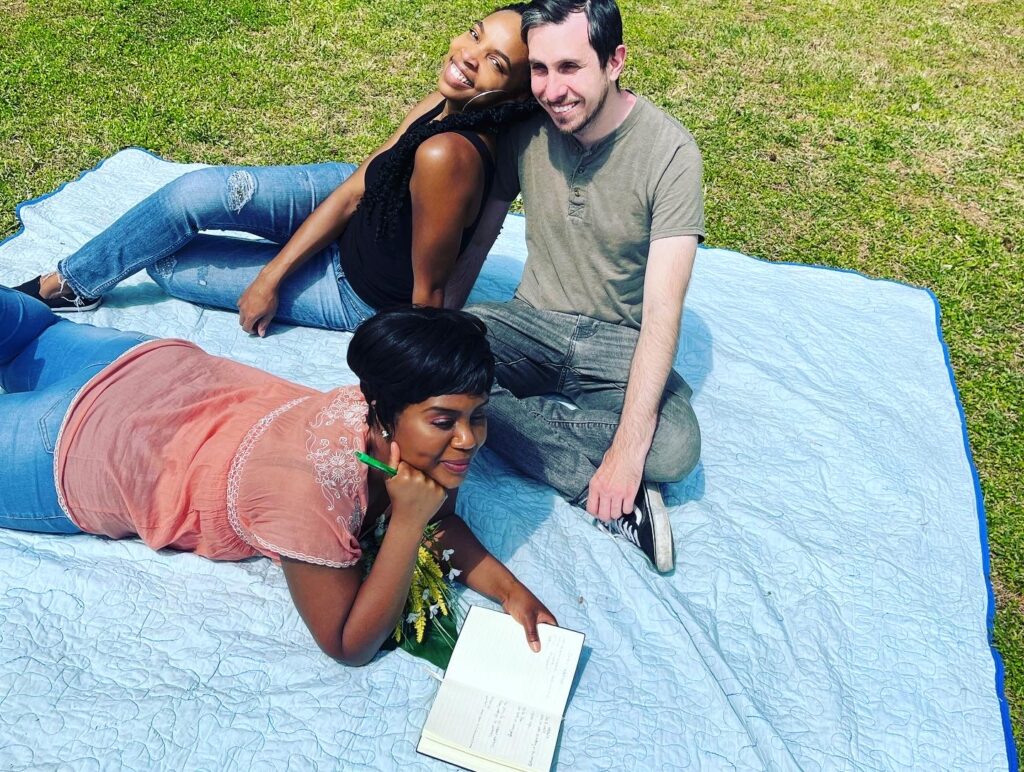
Could you give us some background on the Easterseals Disability Film Challenge?
Easterseals Disability Film Challenge was started by Nic Novicki. This was the 10th anniversary of the challenge, celebrating a decade of leadership advocating for diversity, equity, and inclusion in the entertainment industry. According to a Nielsen study released in 2022, about 95% of characters with disabilities in Hollywood’s top TV shows are played by able-bodied actors. This is disproportionate given the amount of hard work and talent that disabled actors and actresses bring to the table.
Nic could speak on the topic. He adds, “As the entertainment industry strives to build a more diverse and inclusive workplace, we must keep disability in the conversation.” He is an actor, comedian, producer, and disability advocate, making him a huge role model for the community. “I created the Easterseals Disability Film Challenge to help accelerate change within Hollywood and to provide filmmakers and actors with tangible work experience. It also gives participants an opportunity to tell authentic stories. We are proud of the amazing films produced over the past 10 years. These have been viewed around the world and led to much success for our participants.”
What was your favorite part of filming Blind Date?
Since we wrote and filmed within a weekend, the best part was seeing the final outcome which was a 5-minute short film. Previous winners and participants have gone on to achieve great success within the industry, landing roles or directing segments of such popular films and TV shows as New Amsterdam, Superstore, The Good Doctor, Loudermilk, Dahmer, Marry Me, Moxie, Special, Good Trouble, and more. We are very proud of our accomplishment and honored to be listed among the other talented participants and previous winners.
How might people get involved in advocating for and promoting disability inclusion?
Participating with organizations such as Easterseals is a great start. Including disabled actors, actresses, producers, etc. in film and television projects is another important action to take. This gives everyone, regardless of their ability, an equal chance to succeed in the industry. Being an ally for inclusion can be as simple as just saying hello to someone, or using discretion when interacting with people with visible disabilities. At the end of the day, everyone wants to be accepted and appreciated.
In sum, this year’s Easterseals Disability Film Challenge was an immense success. Tiana has carved her name in history as an advocate just like her ancestors. Ida B. Wells-Barnett was a prominent journalist, activist, and researcher, in the late 19th and early 20th centuries. In her lifetime, she battled sexism, racism, and violence. Wells-Barnett was also a skilled writer. She used her gifts as a journalist to shed light on the conditions of African Americans throughout the South, which contributed heavily to the end of slavery in the US.
Clearly, this passion for justice and eagerness to act must run in the family. ENSPIRE admires the advocacy that Tiana and the entire Easterseals organization have undertaken to bring awareness and equal treatment to individuals with disabilities.
To learn more about the film challenge, and how to promote disability inclusion, visit their website.
Related Articles: Travel & GIVE Supports People With Disabilities in Africa (and America), Selma Blair Speaks on Promoting Inclusion

